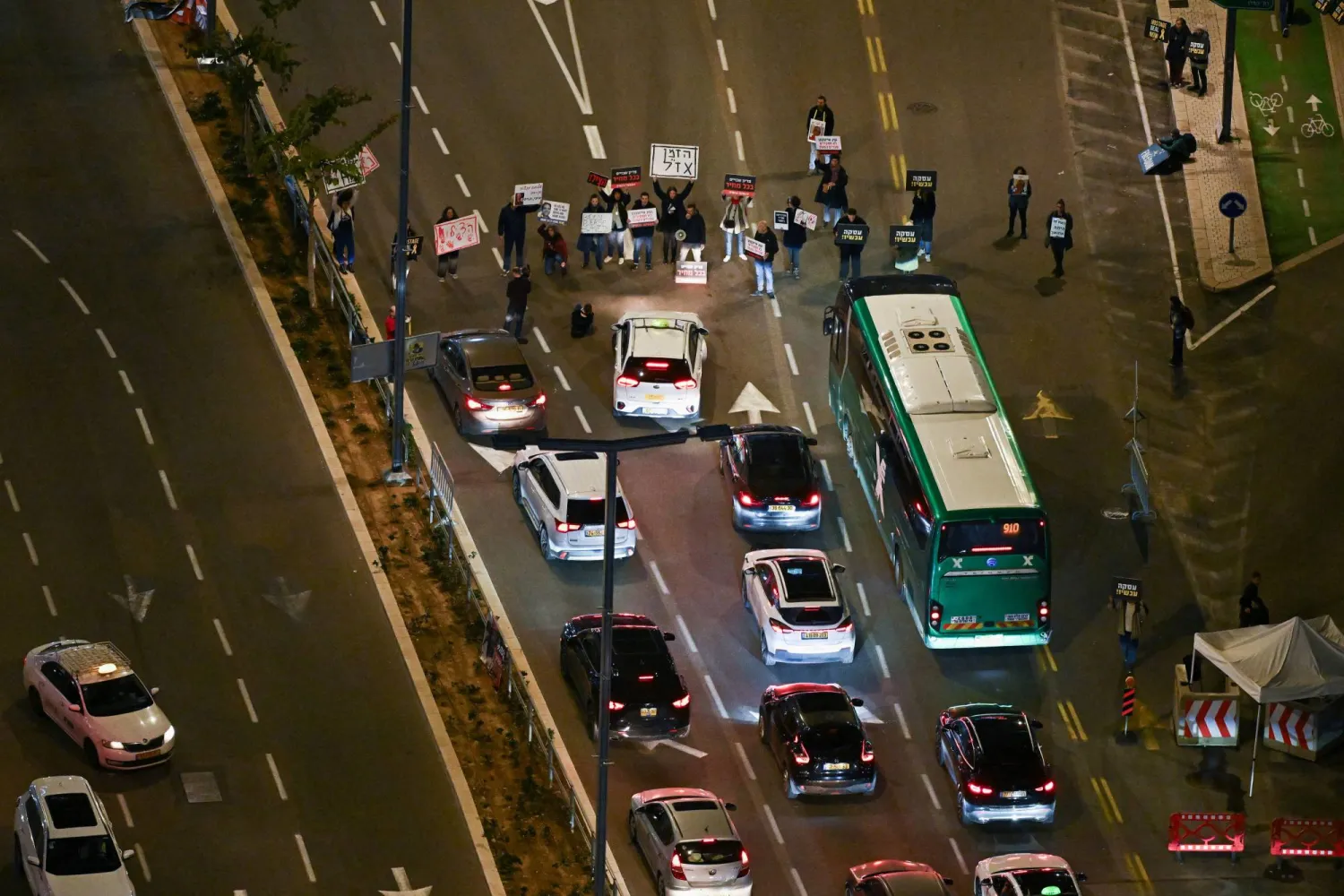Israel’s Central Bureau of Statistics said Monday the Israeli economy plunged 19.4% in the final three months of 2023, affected by the war on Hamas in the Gaza Strip.
For all of 2023, the Israeli economy grew 2 percent, down from 6.5 percent in 2022.
On February 9, Moody’s Investors Service decided to downgrade Israel’s credit rating.
Moody's lowered Israel's credit ratings to A2 from A1 with a negative outlook, downgraded from stable, underscoring the economic damage of the country's war with Hamas in the Gaza Strip.
The war was sparked by the Hamas October 7 attack on southern Israel.
The Taub Center for Social Policy Studies, an Israeli think tank, said the Israeli economy is expected to shrink by 2 percent this quarter, with hundreds of thousands of workers displaced by the war with Hamas or called up as reservists.
The report, published by The New York Times last December, stated that about 20 percent of the Israeli work force was missing from the labor market in October, up from 3 percent before the fighting began.
The spike in unemployment reflects the fact that about 900,000 people are now either enlisted in the Army, unemployed at home, fled from settlements where attacks have been concentrated, such as by the borders of Lebanon and Gaza, or are unable to work due to the destruction of their work industry, according to the report.









